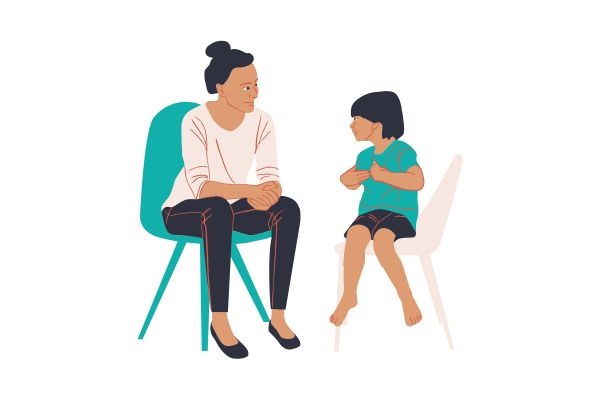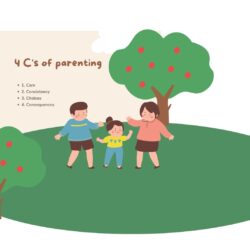Do you have a toddler who’s just learning to speak? As a parent, you might have wondered if your little one’s speech development is moving along the right track. No worries; it’s natural to have questions and concerns. Let me tell you, there are specific things you can keep in mind to determine if your child might need a speech therapist’s help. Ready to learn more? Keep reading!
Understanding Speech Development in Toddlers

Speech development is a complex process involving several interconnected skills, including:
- Articulation: Producing speech sounds clearly and accurately.
- Expressive language: Using words and sentences to communicate thoughts and needs.
- Receptive language: Understanding spoken language and following directions.
- Fluency: Speaking smoothly without repetitions or hesitations.
- Voice: Using volume, pitch, and intonation appropriately.
Red Flags to Watch For
While all children develop at their own pace, here are some red flags that may indicate your toddler could benefit from a speech therapy evaluation:

Limited vocabulary:
- By 18 months: Not using single words consistently.
- By 2 years: Not using two-word phrases or having a vocabulary of less than 50 words.
- By 3 years: Not using three-word phrases or having a vocabulary of less than 200 words.
Articulation difficulties:
- Mispronouncing several sounds makes speech difficult to understand.
- Omitting certain sounds altogether.
- Substituting sounds with easier ones (e.g., saying “watah” instead of “water”).
Language comprehension issues:
- Difficulty following simple instructions.
- Not seeming to understand fundamental questions.
- Delayed response to their name or familiar words.
Speech fluency problems:
- Stuttering that disrupts communication.
- Excessive cluttering or rapid speech that is difficult to understand.
Other concerns:
- Difficulty planning and expressing thoughts in sentences.
- Limited use of gestures and facial expressions to communicate.
- Unusually nasal or hoarse voice.
- Difficulty using different volumes or pitches.
Remember: These are just general guidelines, and not every child exhibiting one or two signs will need speech therapy. However, it’s always best to consult your pediatrician or a qualified speech-language pathologist (SLP) if you have any concerns.
Taking the Next Step
If you’re concerned about your toddler’s speech development, here’s what you can do:
- Talk to your pediatrician: Share your observations and concerns. They can perform a preliminary screening and recommend the next steps.
- Seek a speech-language pathologist (SLP) evaluation: An SLP can conduct a comprehensive assessment to identify any specific challenges your child may face and develop a personalized treatment plan.
- Early intervention is vital: The earlier your child receives speech therapy, the better their chances of success.
What to Expect from Speech Therapy
Speech therapy sessions are typically 30-60 minutes long and held once or twice weekly. They are designed to be fun and engaging, using play-based activities to target specific skills. Your child’s SLP will work with you to develop a home practice program to reinforce the skills learned in therapy.
Remember: You are not alone! Many toddlers benefit from speech therapy, and with early intervention and support, your child can reach their full communication potential. Trust your instincts, seek professional guidance, and embrace helping your little one find their voice.
Please note: This content is for informational purposes only and should not be construed as medical advice. Always consult with a qualified healthcare professional for any concerns you may have about your child’s development.





